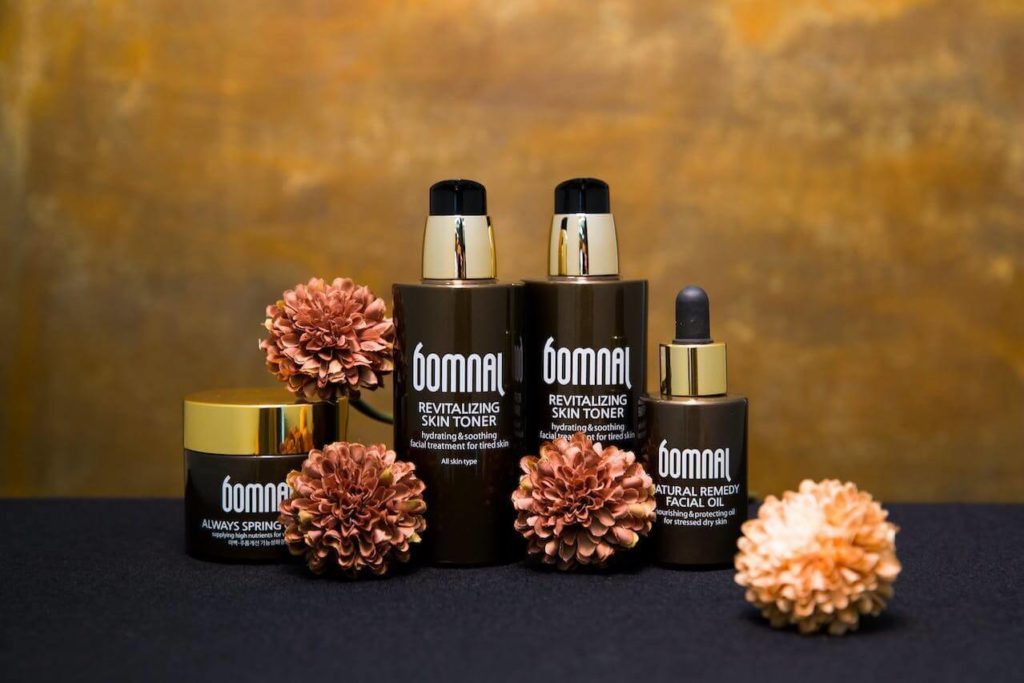India is home to Ayurveda, an age-old practice that has gifted us with precious skincare wisdom. Our moms and grandmoms have trusted us with their treasure trove of homemade remedies. Do you want to exfoliate? Turn to the magical trio of turmeric, gram flour, and curd. Want to hydrate your skin? Massage your face with liquid gold AKA honey.
However, we’ve come a full circle with brands nowadays selling products with “100% natural ingredients” and catchphrases like vegan, cruelty-free, organic, etc. The skincare industry is enduring a rise of something called — Greenwashing. Chances are that you’ve heard of some greenwashing examples from your fellow skincare fanatics. If you don’t know what it means then fret not we will talk about greenwashing and clean skincare. Sit tight!
What is Greenwashing?
With the growing concern for replacing the products on your counter with more sustainable and organic ones, brands are taking a not-so-moral path. Greenwashing refers to brands providing unreliable and often false claims about their products in order to mislead consumers into thinking that those products are sustainable and environmentally friendly.

You may have seen a product with countless tags that promise to be eco-conscious, vegan, and organic when the reality is far from that. Using Instagram-worthy packaging and throwing “trendy” synonyms of organic here and there is in no way ground-breaking. Greenwashing not only confuses the general public but also diminishes the efforts of the brands that are genuinely contributing to a better environment.
What is Greenwashing in Skincare?
Our answer is no but you must proceed with caution. In simple terms, clean skincare refers to skincare that doesn’t contain harsh chemicals like parabens and sulfates that are harmful to the environment and your skin. Several brands are trying a new approach where they mix science and skincare to create products that are clean and green while being gentle on your skin.
However, there is a lack of accountability in the industry which results in what we’ve come to know as greenwashing.

How can you avoid falling into the green ivy traps laid by these brands?
How To Avoid Greenwashing & How to Not Fall for the Scam?
A new skincare brand is springing up every day and oh, are they all claiming to be organic! Navigating the skincare world in times like these can be difficult but it doesn’t have to be. Let’s learn the ways of this world to avoid getting scammed by the greenwashing thugs.
1. Do Your Homework:
Come on, you need to do a little research. Before buying, go on to the brand’s website and look for information about the production and packaging of the products.
2. Skim through the ingredients:
This is a quick way to find out if a brand is greenwashing. If the ingredient list is not easily accessible then something might be fishy. Transparency is the key here! Read how to Read Complex Skincare Product Labels.

3. Look for Reviews:
Going through reviews and reading other consumers’ experiences is a great way to spot greenwashing. Our skincare community is really helpful and honest, trust them!
4. Certification Check:
There are several international certifications that help with the credibility of the product. Some certifications that you should look for are ECOCERT, Cruelty-free (PETA), USDA Organic, etc.
5. Run a Background Check:
Zoobop is an online platform dedicated to promoting eco-friendly practices. They evaluate the values and environmental impact of personal care brands so that you can make better choices. All you need to do is go on their website and search for any skincare brand’s name. They will give you all the tea!
Concluding Remarks on Greenwashing and Clean Skincare
As you move towards a greener and cleaner skincare routine, steer clear of the greenwashing in the skincare industry. Educate yourself better and demand transparency from your favorite brands. Stay vigilant and run in the other direction whenever you see a brand using too many buzzwords like organic, natural, and green.
Even though some brands have eco-friendly packaging, they use practices that defeat the motive entirely. Diverting attention from the use of toxic ingredients to “cute” packaging is one of the tactics. Support homegrown brands who are transparent about their products and packaging. It will not only create a greener planet but also help small businesses grow. Go green and avoid red flags!
What is Greenwashing in Skincare Industry FAQ-
What are some common signs of Greenwashing in Skincare products?
Common signs include excessive use of buzzwords, lack of transparency, misleading imagery, and ambiguous ingredient lists.
How can consumers identify Greenwashing in Skincare products?
Consumers can identify greenwashing by researching brands, reading ingredient lists, checking for certifications, and being cautious of excessive use of buzzwords.
Are there certifications that indicate genuine eco-friendly skincare products?
Yes, certifications like "USDA Organic" or "Cruelty-Free" indicate that a skincare product has met specific standards for sustainability.
Can greenwashing impact the environment beyond consumer choices?
Yes, greenwashing can have broader environmental impacts by diverting attention from genuine sustainability efforts and hindering progress in the industry.


Pingback: What is Greenwashing in Skincare & Beauty I...